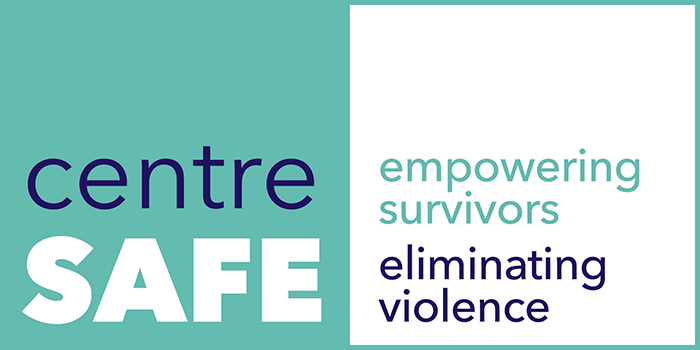What is Stalking?
Stalking is any course of conduct or unwanted pursuit that causes fear. Many different behaviors can be considered stalking but it can include:
- Following the target
- Sending unwanted gifts
- Persistent phone calls, letters, e-mails or text messages
- Showing up at or outside the target’s workplace, gym, classes
- Gathering information about the target from friends, family or co-workers
- Direct or indirect physical and verbal threats
- Manipulative behaviors such as threatening to harm oneself
A 2004 study revealed 20% of college women have been stalked or harassed by a former dating partner.
(Jeffrey J. Haugaard and Lisa G. Seri, “Stalking and Other Forms of Intrusive Contact after the Dissolution of Adolescent Dating or Romantic Relationships,” Violence and Victims 18 (2004): 3)
Although we most often hear about strangers stalking celebrities, the vast majority of stalkers know their victim. Stalking is often a tactic used by perpetrators of domestic violence and sexual assault to exert power and control over and instill fear in their victims.
Victims of stalking live in constant fear and many report that the stalking has had a significant negative impact on their lives and personal relationships. Many victims report losing time from work or school and some indicate that they have transferred to a different job or school to escape a stalker. The constant stress can also impact a victim’s health; reports of gastrointestinal disorders, headaches, depression, and post-traumatic stress disorder have been reported.
If Someone Is Stalking You
Tell the stalker one time not to contact you again. Be clear and firm and do not negotiate with the stalker. After you have told the stalker once to cease contact, do not respond again.
Document the stalking behaviors, even if you are unsure about reporting to the police. Keep a log of each incident; including the time and date, what happened, if there were witnesses, and how it made you feel. Save any gifts, note, or packages from the stalker. Save all voice mails, text messages, e-mails and answering machine tapes. This can be extremely useful if you do decide to report the stalking.
The average stalking case lasts 1.8 years. If the stalking involves intimate partners, the duration is 2.2 years.
(National Center for Victims of Crime, Stalking Resource Center)
Plan for your safety! Stalking is not just a nuisance; it is a potentially very dangerous crime. The following are just a few of the precautions you may take to help you to stay safer:
- Inform trusted neighbors, friends, family members, or classmates that you are being stalked and tell them not to give any information about you to anyone.
- Give these people a picture or description of the stalker.
- Have roommates or family members screen your phone calls and visitors.
- Keep a cell phone with you at all times.
- Vary your daily travel routes.
- Do not share your phone number or address and keep them unlisted.
- If you feel you are in immediate danger, call 911.
Being stalked can make a person feel angry, confused, terrified and powerless. If you are being stalked, understand that it is not your fault and support is available. Counselors are available 24 hours a day in Centre County at 1-877-234-5050 or through the National Domestic Violence Hotline at 1-800-799-SAFE (7283).
For more information on stalking, visit:
